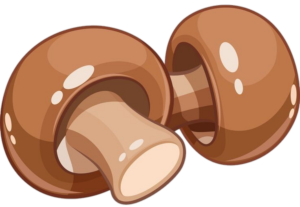
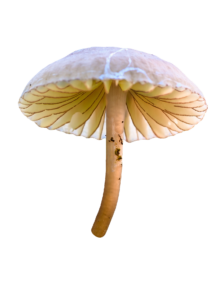
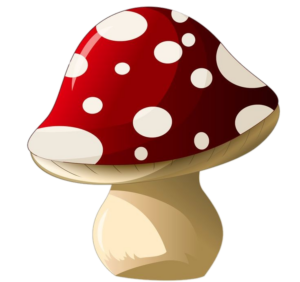
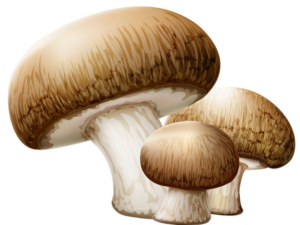
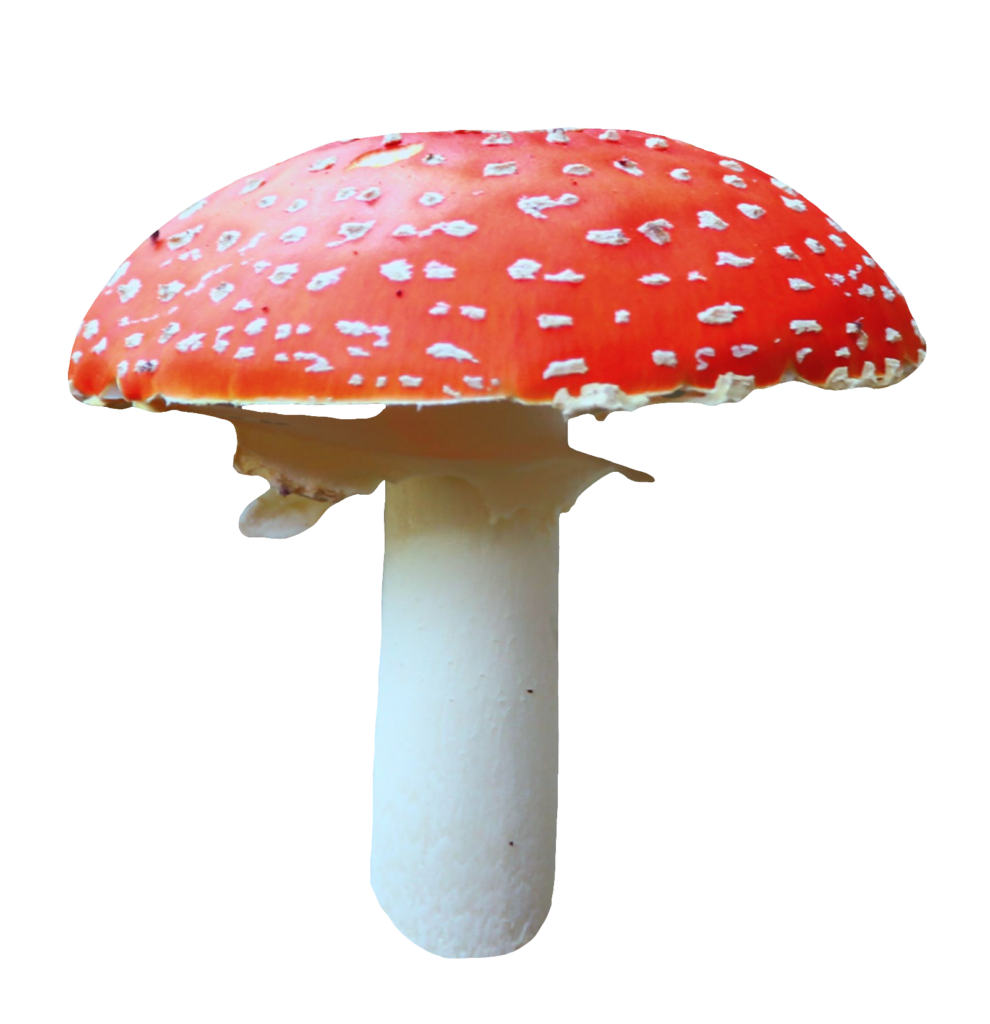
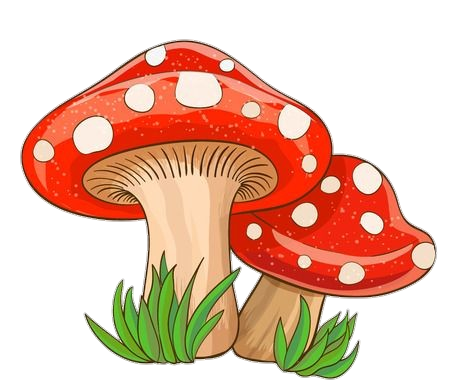
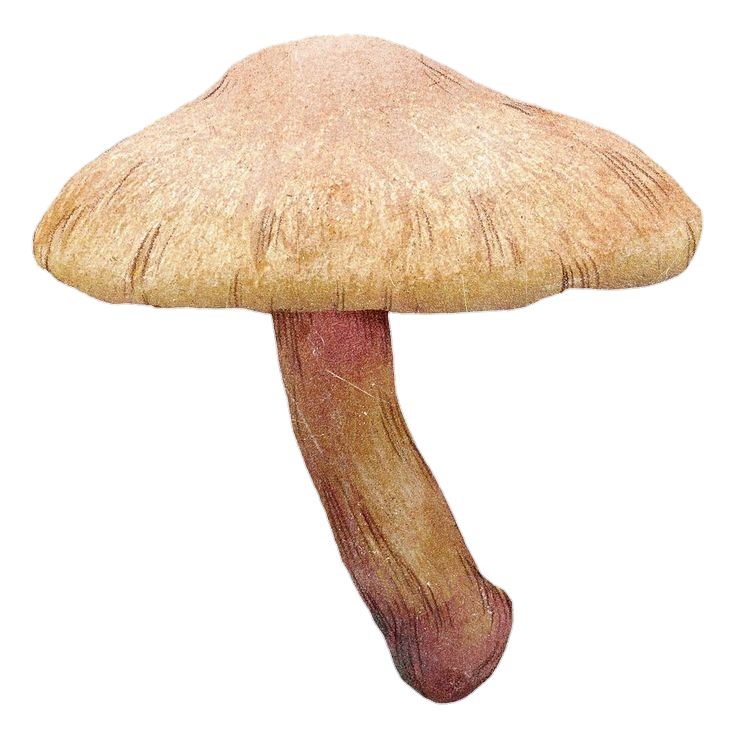
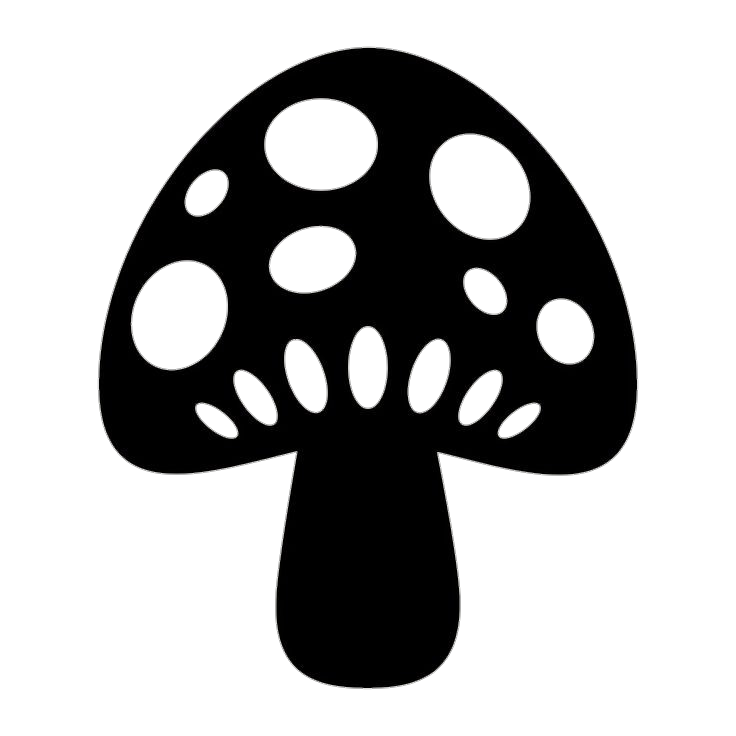
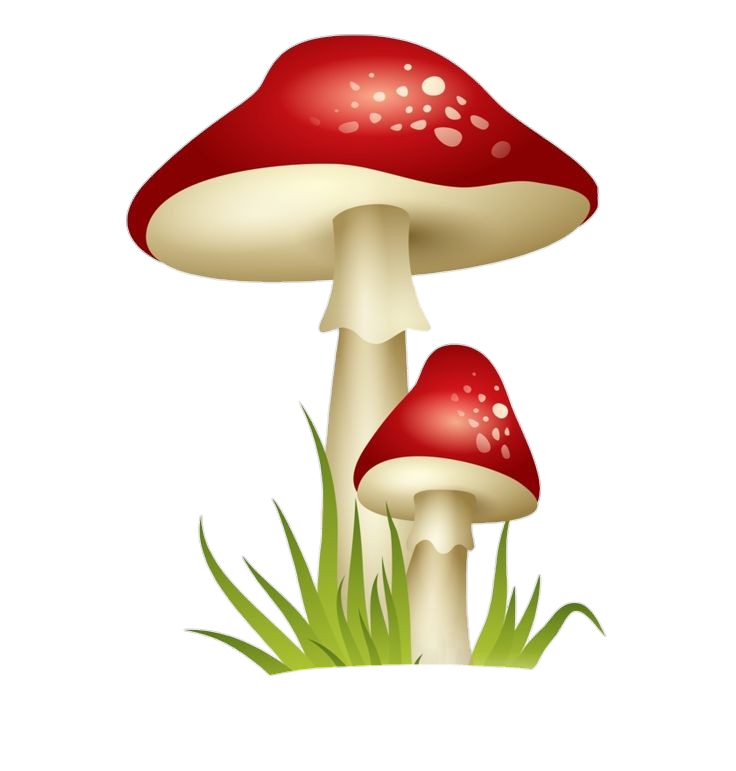
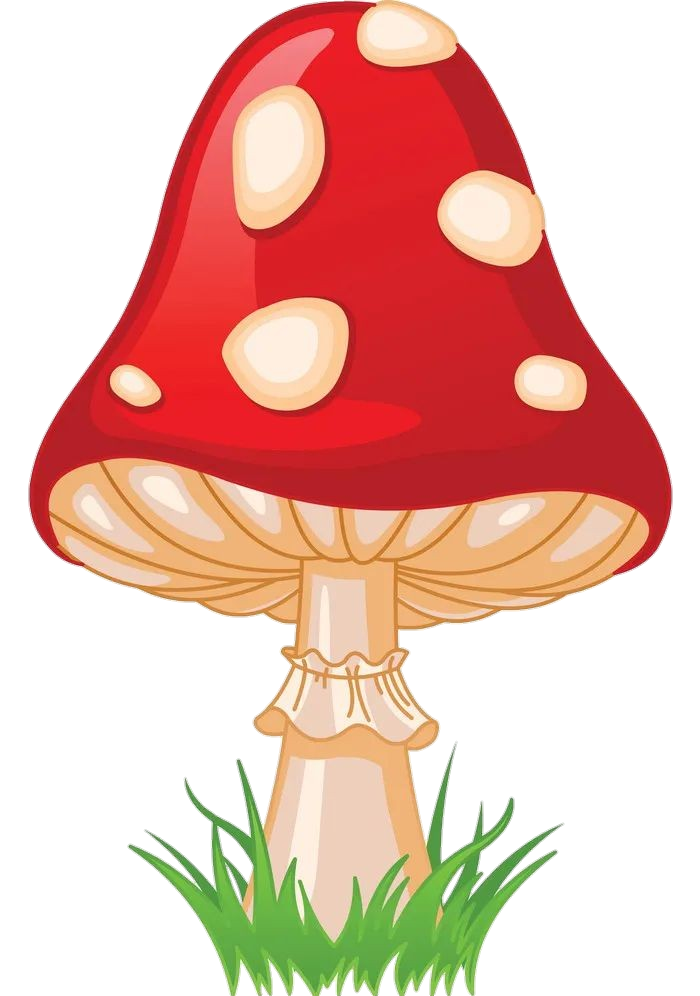
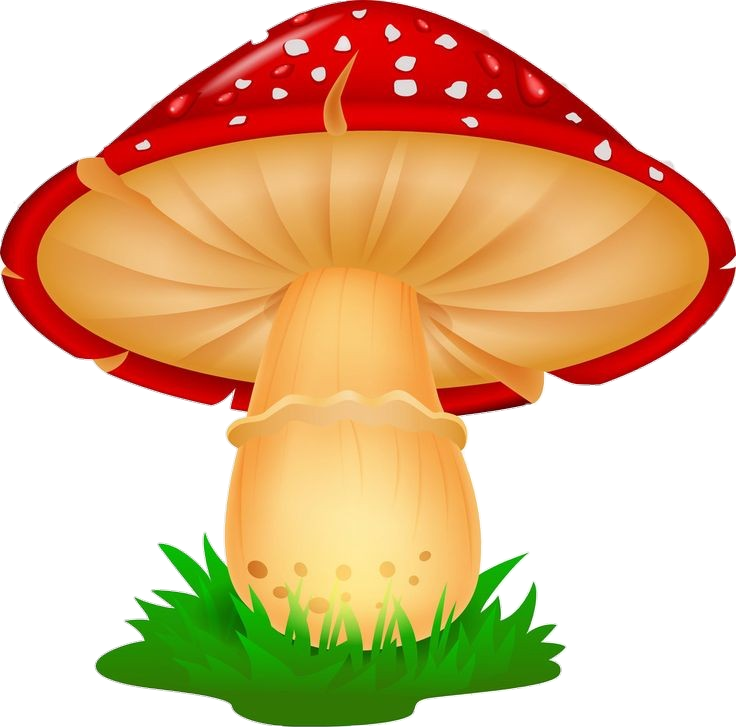
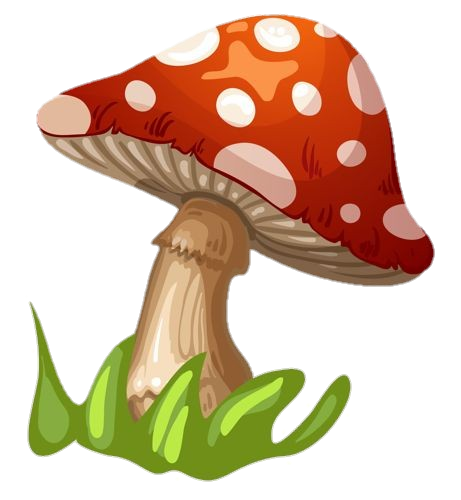
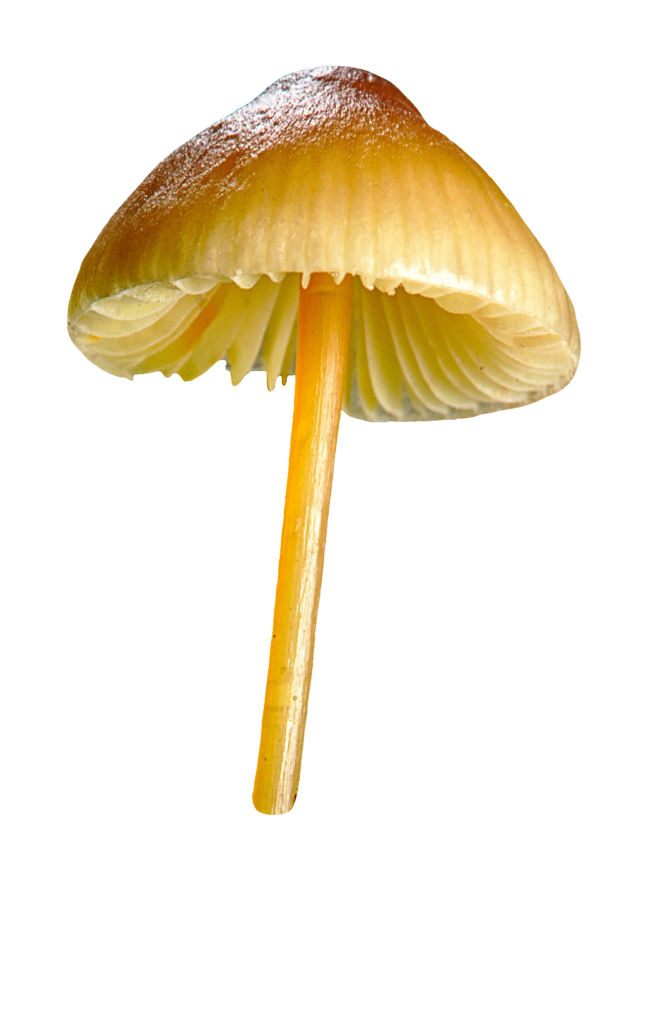
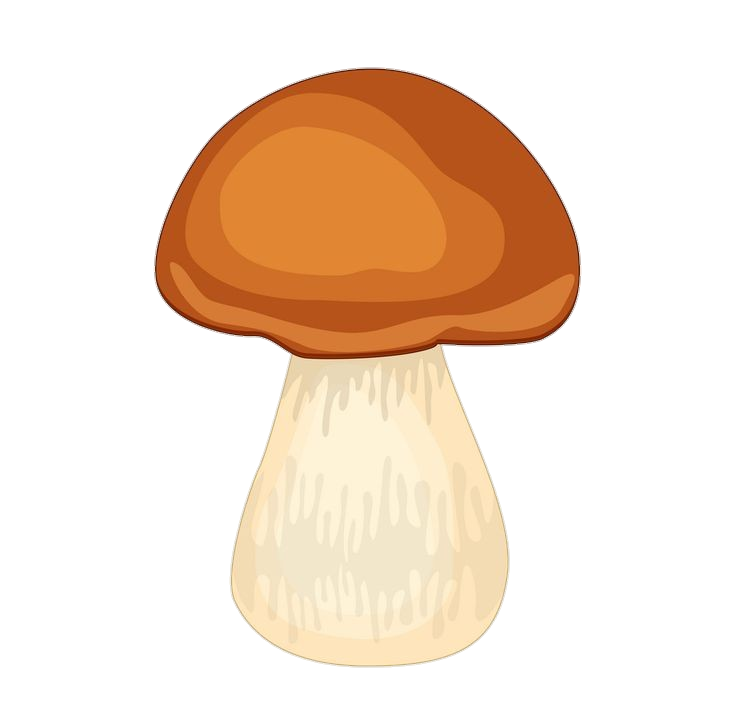
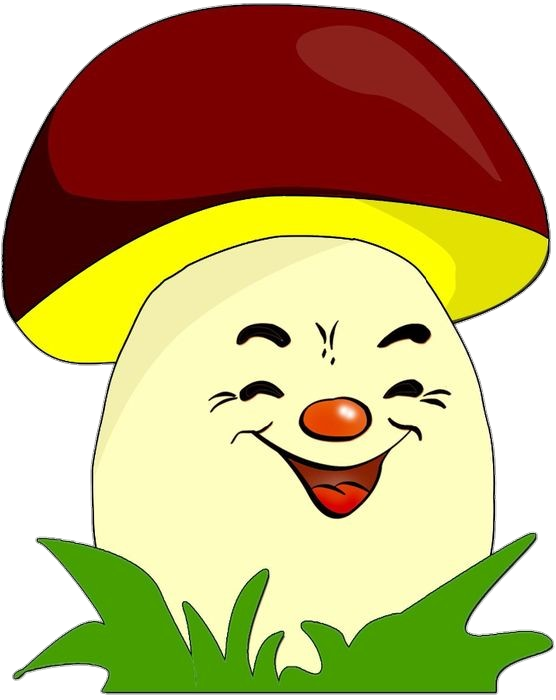
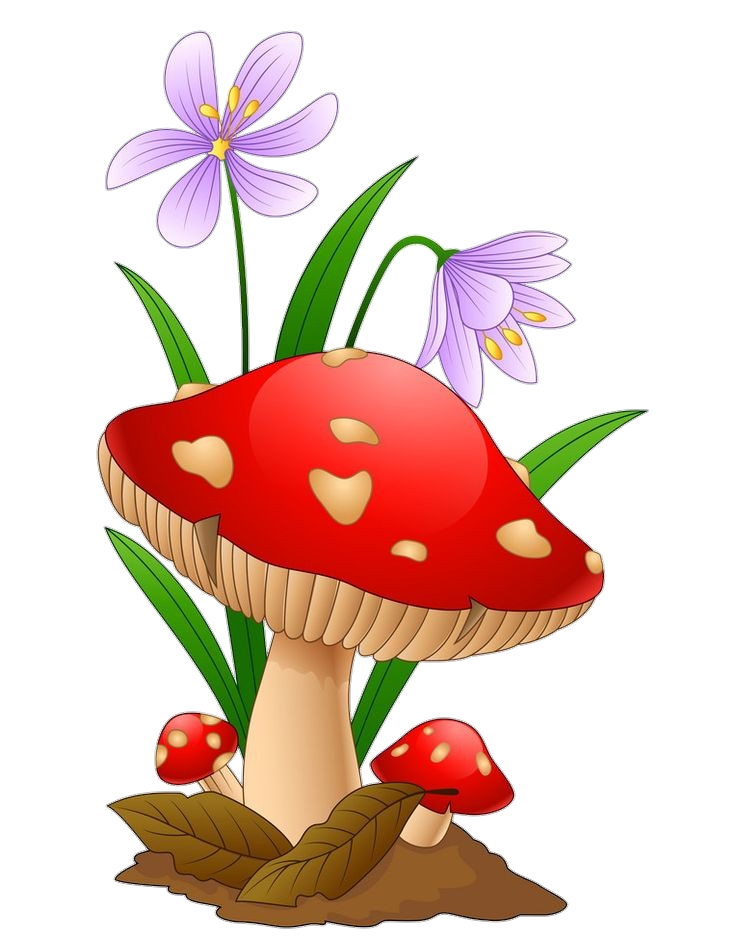
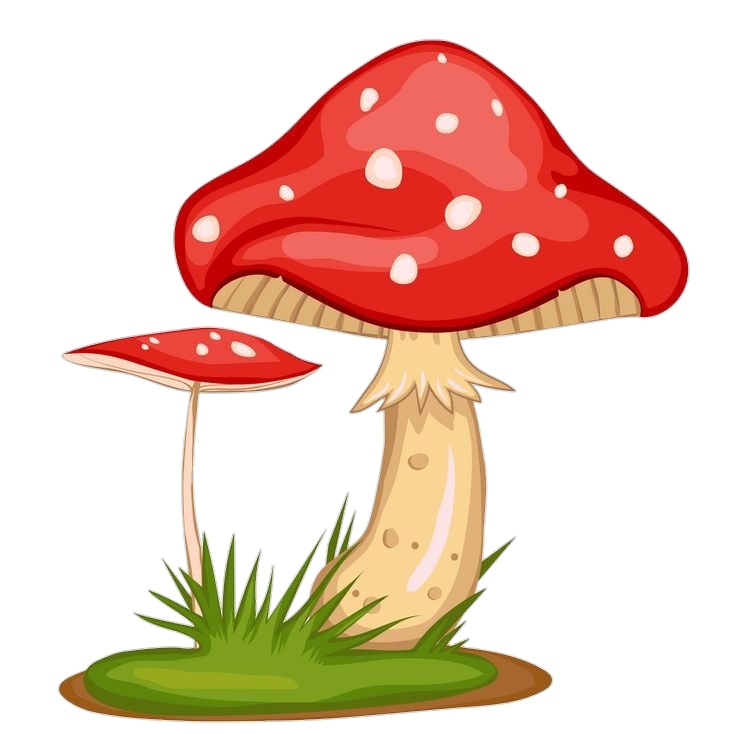
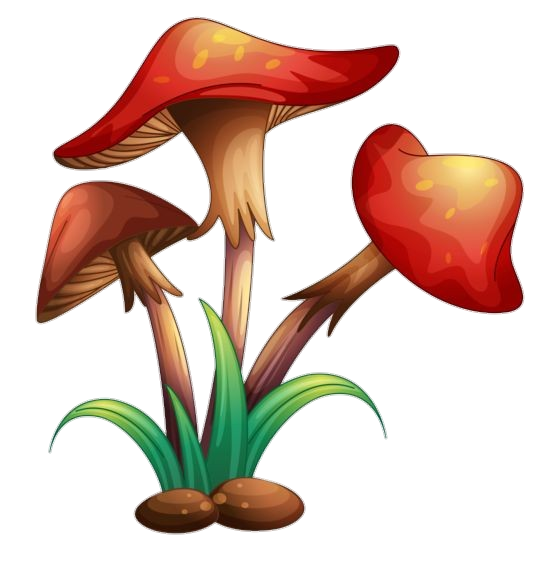
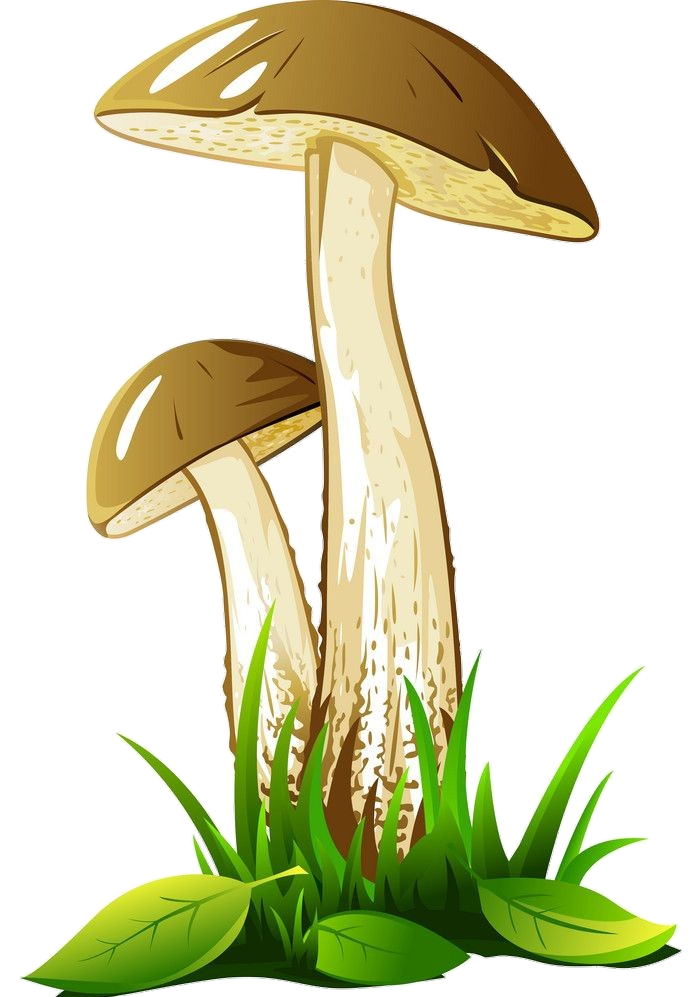
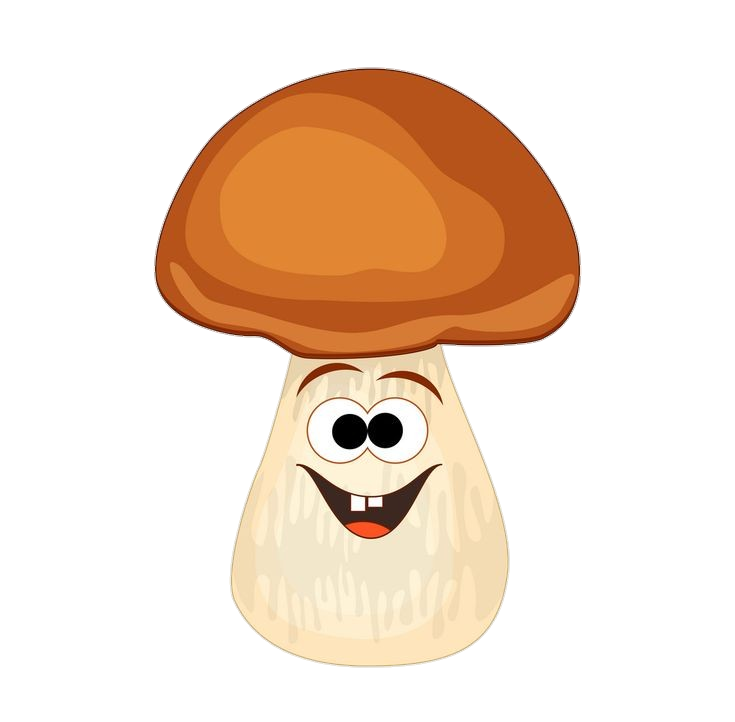
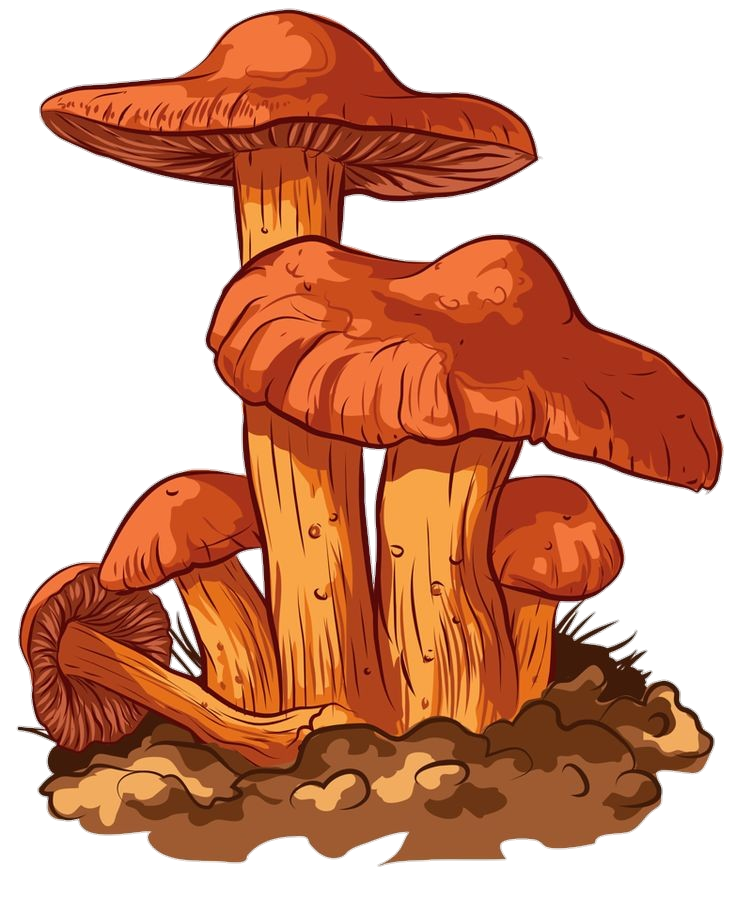
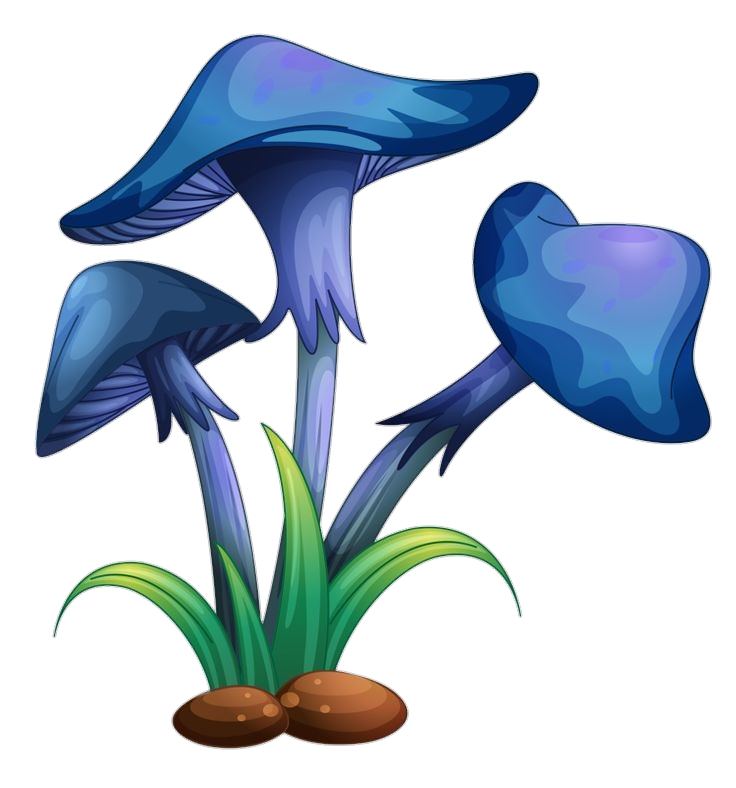
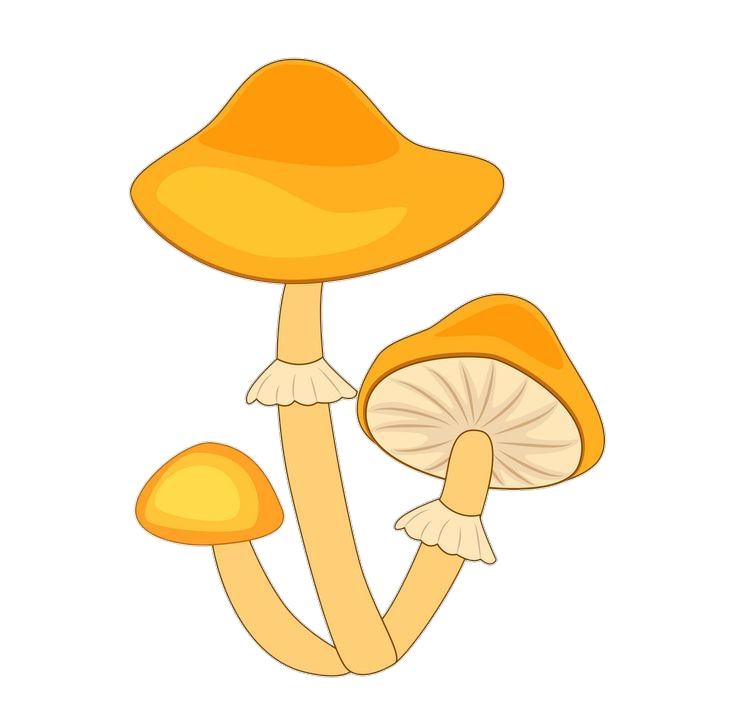
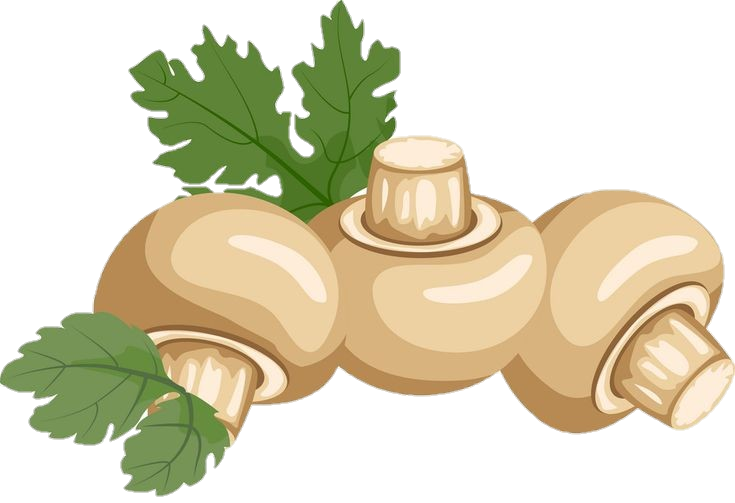
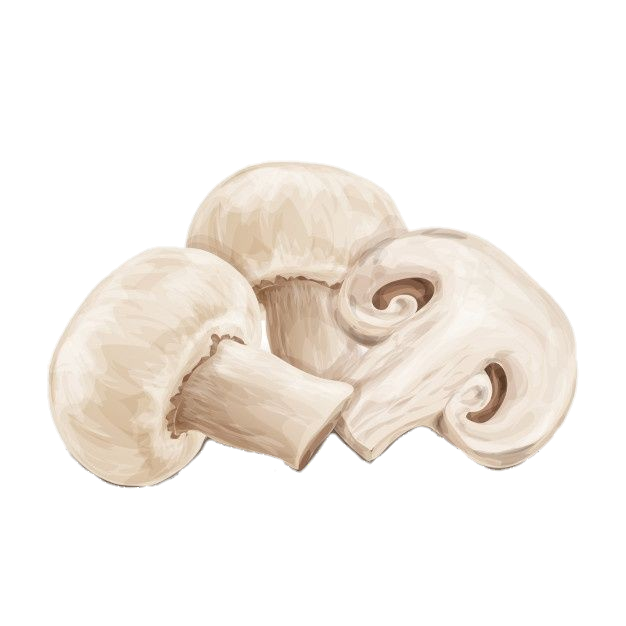
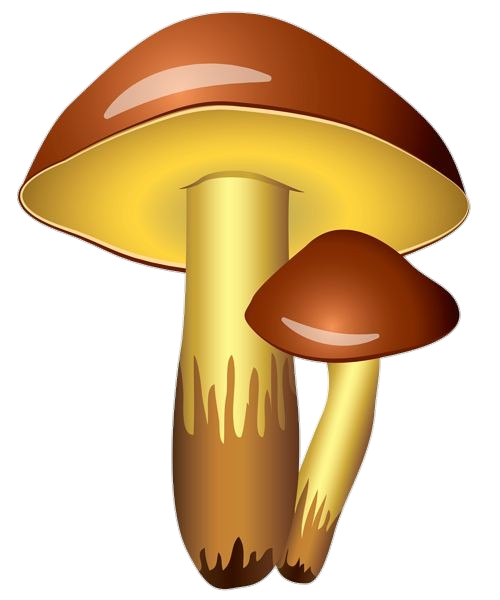
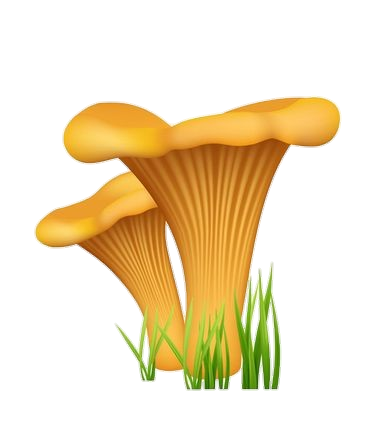
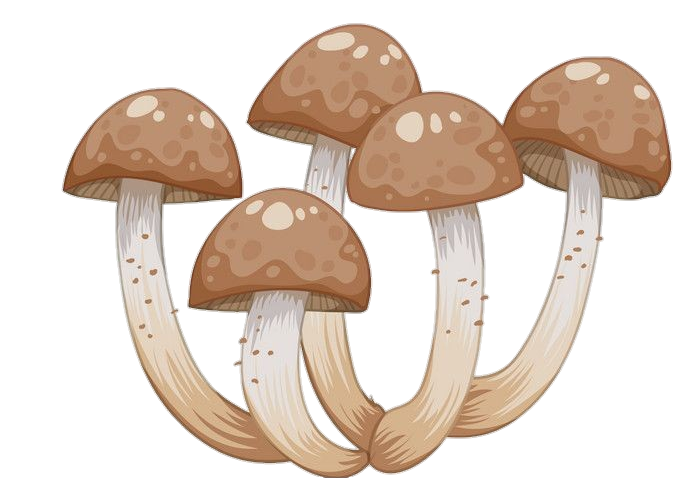
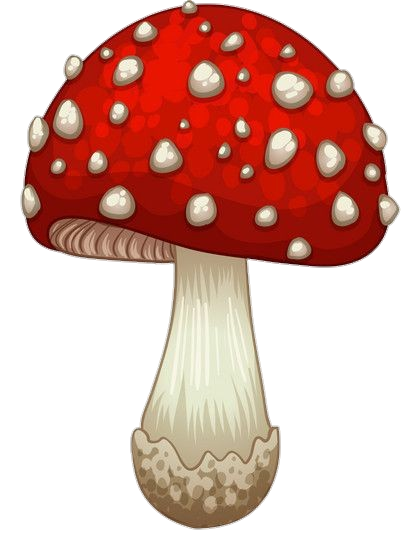
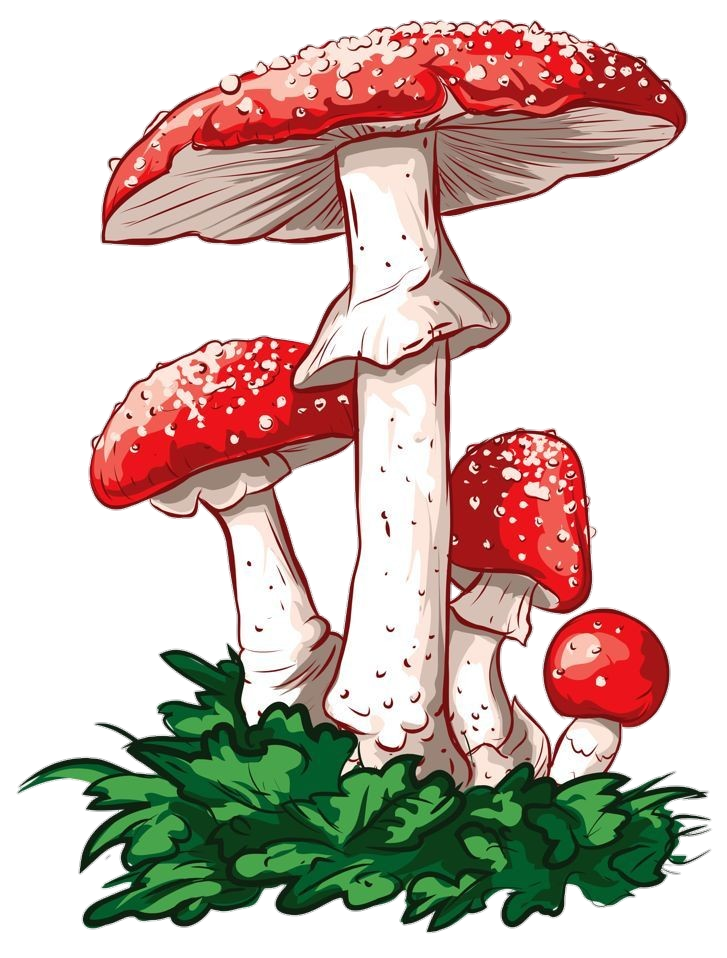
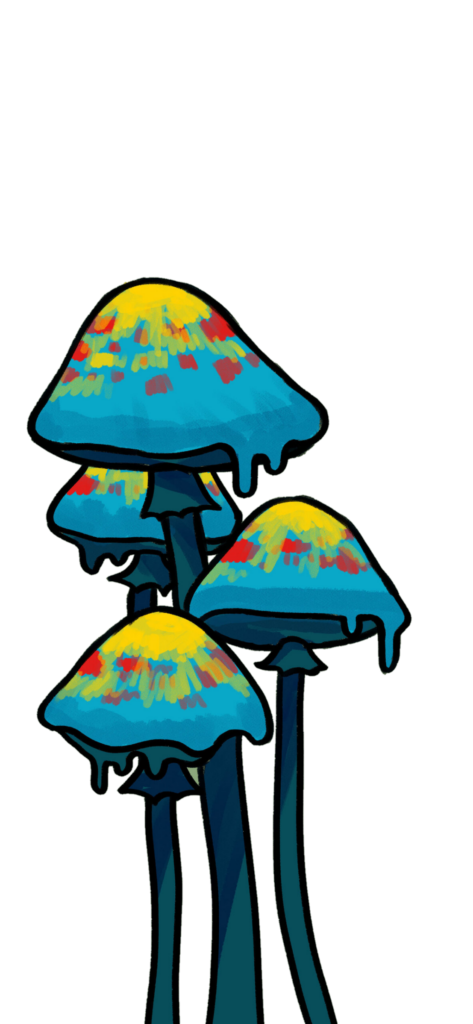
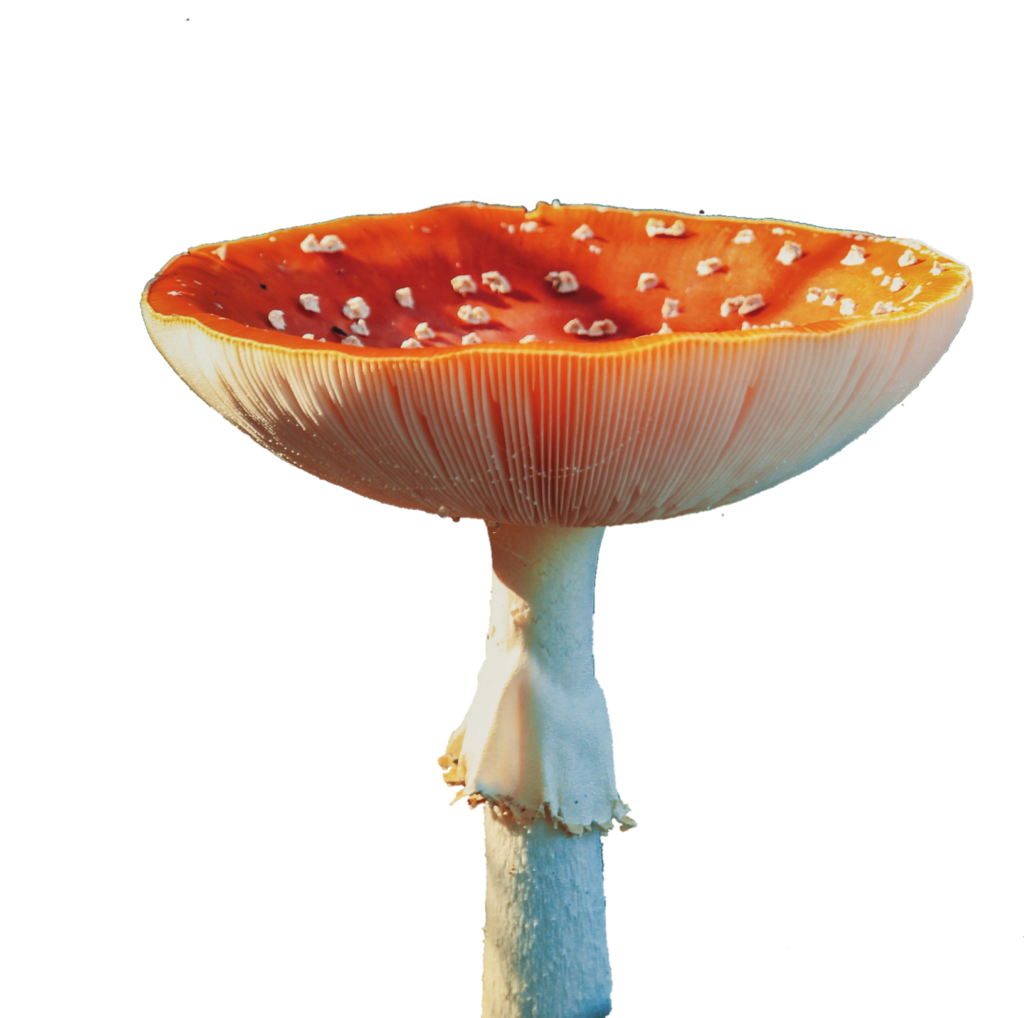
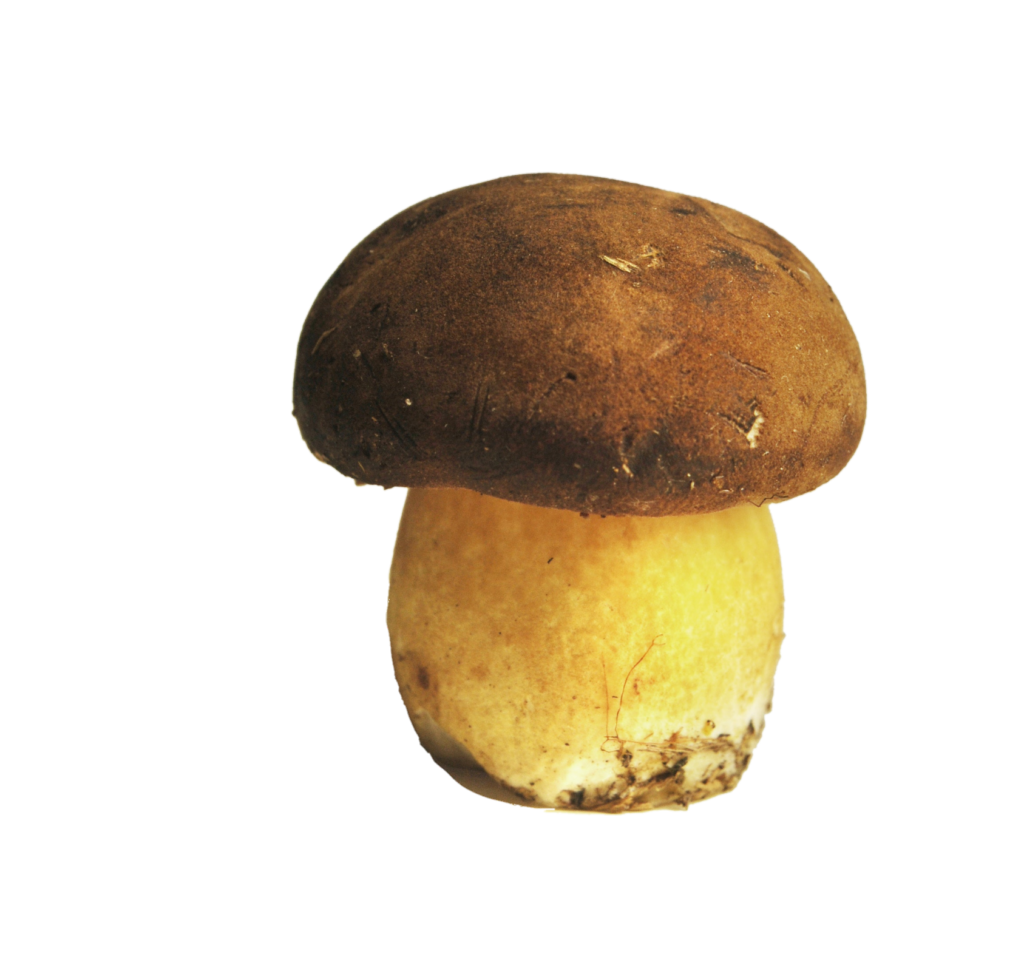
Mushrooms, often regarded as the hidden gems of the natural world, have long captivated the human imagination. These unique organisms belong to the kingdom Fungi and come in a dazzling array of shapes, sizes, and colors. Mushrooms have played a crucial role in both nature and human culture, serving as a source of food, medicine, and intrigue. This essay will explore the world of mushrooms, their diverse characteristics, ecological significance, and their cultural and culinary importance.
Mushrooms are a diverse group of organisms, with over 14,000 documented species and possibly many more yet to be discovered. They come in various forms, from the classic toadstool shape to more exotic and complex designs. Mushrooms can be tiny, like the mycoparasitic species Orphella, or gigantic, as seen in the giant puffball mushroom (Calvatia gigantea). The colors range from vibrant red to deep black, and their textures can be smooth, slimy, or velvety.
Mushrooms play a vital role in the ecosystem. They are the fruiting bodies of fungi, which are essential decomposers. They break down organic matter, such as fallen leaves and dead wood, and return nutrients to the soil, enriching it for other plants. Mycorrhizal fungi form symbiotic relationships with plants, assisting in nutrient absorption and enhancing their resilience to environmental stresses. Some mushrooms even exhibit bioluminescence, a rare phenomenon that has intrigued scientists for years.
Mushrooms have been consumed as food for centuries in various cultures. They are a rich source of protein, vitamins, and minerals, making them a popular choice for vegetarians and vegans. Edible species like the button mushroom (Agaricus bisporus), shiitake (Lentinula edodes), and portobello (Agaricus bisporus) are commonly used in cooking, imparting unique flavors and textures to dishes.
Additionally, mushrooms have been employed for their medicinal properties. Traditional Chinese medicine and Ayurveda recognize the therapeutic potential of certain mushroom species. For example, the reishi mushroom (Ganoderma lucidum) is believed to boost the immune system and promote overall health. Research on the use of mushrooms in cancer treatment, cardiovascular health, and mental well-being is ongoing, showing the potential of these fungi in modern medicine.
Mushrooms have been celebrated in various cultures and traditions. In folklore, they often occupy a special place in magic and mysticism. Fairy tales depict enchanted mushrooms with peculiar properties, while Native American tribes and Siberian shamans have used psychedelic mushrooms like psilocybin-containing species for religious and spiritual rituals.
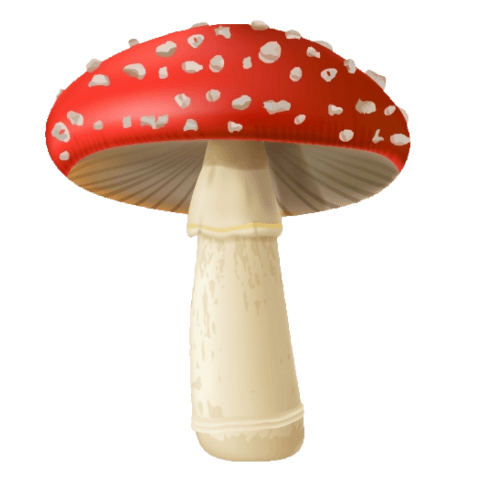






Leave a Comment